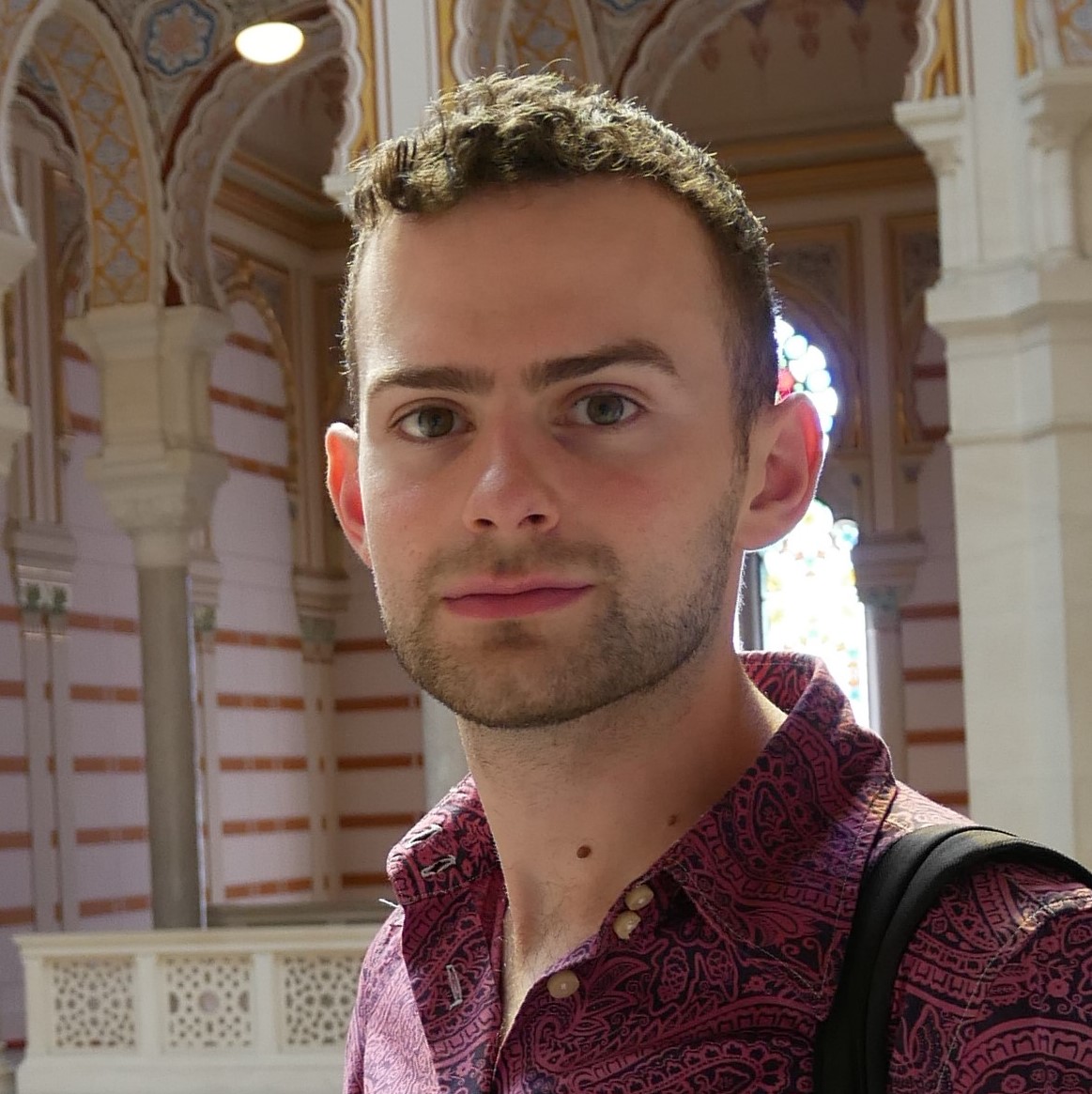PhD Defenses around the world: A Defense in Pakistan
Today, I have the pleasure of welcoming Zarrar Salahuddin to share more about the PhD defense in Pakistan. Zarrar is currently a PhD candidate in Chemical Engineering, at the School of Chemical and Materials Engineering (SCME), National University of Sciences and Technology (NUST), Islamabad. He has done his Master’s and Bachelor’s in Chemical Engineering from the same institute and is currently in the second year of the doctoral study. His research interests include membrane technology, polymer modification, nanomaterials synthesis and gas separation, mainly the mitigation of carbon emissions. Other than research, he is highly interested in the study of astronomy, and in sports as well as many different kinds of music. He listens to music in times when he is wanting to relax or focus, because music can help him do his work better. Writing is not only something he does for a living, being a researcher, he also writes for fun and blogs. Follow him on Twitter @@ZarrarSalahPTI .
I study in an institute, which came into being in 1993 as an amalgamation of military colleges in various fields of engineering, sciences and technology. Thus, after the combination of all these military colleges and institutes, the National University of Sciences and Technology came into being. After much deliberation, it was realized that there was a need for an institute which would cater not only to the needs of the military personnel, but would also garner the needs of the general population, as Pakistan was highly lacking in top-class academic institutions. Those which had stood for decades, or even centuries, were slowly diminishing in quality.
One of the newer schools established after the building of the central campus of the university in Islamabad, was the School of Chemical and Materials Enginnering. This school, which was established in 2005, was formerly called the Centre for Chemical Engineering and Materials Sciences. Once it was moved from its former location to the main campus, it also got renamed to its current name. Starting off with postgraduate programs in Chemical and Materials Engineering means that it has a long history of research endeavours. Undergraduate programs were started a little later in 2008, whereas postgraduate programs had been in place from the inception of the school.
A doctorate program spans from a minimum of three years to a maximum allowable time of eight years. As in most institutes of the world, a doctoral student has to complete certain credit hours of coursework, before they are eligible to work on their research topic. Apart from that, it is also mandatory for all PhD candidates to perform some of their research work, in a split PhD program, in one of the top 200 universities of the world. This means that every doctoral candidate has exposure of foreign studies by the time they are eligible to present their work in front of a panel of professors. Now, let us come to the big day.
Every doctoral candidate chooses a research topic as they enter into the doctoral program, and they are allowed to change their topic of research at any time of their research. Once they are done with the coursework, they can officially begin research work. Research topics at the School of Chemical and Materials Engineering include carbon capture and utilization, catalysis, biofuels engineering, fertilizer research, advanced materials, nanoscience and engineering, explosives and energetic materials, electronic materials and materials for biomedical applications among many other topics. Before any student can present their work in the PhD defense, they are required to have published at least one conference and one research paper in an internationally reputed journal. Once all the criteria is fulfilled and the research work is completed, the doctoral candidate is asked to prepare and submit a draft of their thesis to their supervisor and the Guidance and Examination Committee (GEC)members. Once the draft is finalized and given the green signal by the GEC members and the supervisor, it is sent to two external reviewers, one is from within Pakistan and one is from an foreign institute and is an expert of the field of research of the doctoral candidate in question. After addressing the comments raised by the reviewers, the doctoral candidate is eligible to appear for their final PhD dissertation defense.
The actual presentation of the dissertation defense is to be kept within forty-five minutes, and then there are about fifteen minutes of questions from the candidate. After the questioning has been completed, the candidate has to appear before his GEC members, who take a viva voce examination. After this step, the candidate is officially a doctorate graduate, and can use the title of Dr. with their name. Most often than naught, there is some work left even after PhD defense, which the supervisor wants the candidate to work on and it is often relating to any research publications that the candidate is working on, as part of the research. In any case, the candidate becomes a graudate once the defense is finished.
In the end comes the part where the PhD degree is conferred upon the candidate. The degree is most conferred in a convocation ceremony in which the undergraduates and Master’s graduates also receive their respective degrees.
In a nutshell, this is a brief history of my institute, the process which a PhD student has to go through to become a doctoral graduate and finally what happens on the big day, and how the proceedings go ahead. This is the story of a PhD in Pakistan. With this, I will be wrapping up my post. I hope you found this post interesting and informative.





Great tips about PhD.
Keep up the amazing work.